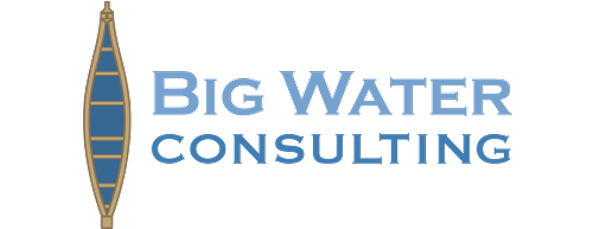Areas of Focus
Big Water tailors our services to focus on the specific needs of our clients.
Our data collection, research and analysis, and planning and evaluation services address a wide range of topical areas. Projects might focus on an individual subject or program area, or combine several, in the development of a broader assessment or strategic plan. See our projects for representative examples.
Child and Elder Care
Child care and other care-giving requirements can present challenges for households and individuals seeking to take advantage of employment or educational opportunities. We help clients collect data that describes how these challenges might affect other areas of people’s lives, how their communities are meeting these challenges, and what services or programs might make a difference.
Communications
Communications infrastructure and services can help open opportunities in health care, education, employment, emergency management, and small business development. Understanding the communications access, use, and preferences of populations of interest can help clients make meaningful investments in infrastructure and services as well as conduct more effective outreach.
Demographics
Collecting demographic data like age, gender, and race helps clients develop an accurate representation of the characteristics of people within their service areas in order to more effectively deliver programs and to challenge and/or verify existing data. Demographic data can also be used to identify differences between various subpopulations in housing, income, employment, education, service access, and other variables of interest.
Economic Development
Exploring expressed development priorities, service gaps, preferred businesses and services, and entrepreneurship enables clients to more effectively align development goals and programs to the needs and contexts of their communities.
Education
In addition to collecting information on educational attainment, we help clients identify educational goals and perceived barriers to access, as well as areas in which their educational assistance programs are succeeding or might be improved. Education data can also be combined with income and employment information to examine gaps and illustrate the relative value of education to economic stability.
Employment
In combination with other data, information on employment status, perceived barriers to full employment, existing skills, and desired training can help clients identify specific challenges and opportunities for developing the workforce.
Governance and Management
Household surveys and other means of data collection provide leadership an opportunity to learn more about how they are viewed by their constituents, in which areas and ways they might improve, and the investment priorities and specific actions recommended by those they serve.
Health
We help clients examine the use and availability of health services, assess coverage, identify gaps and perceived barriers to access, and prioritize the development of future programs. Information on disability and supportive equipment enables clients to pinpoint specific needs and improve planning in other areas such as housing, education, and emergency management.
Housing
We help clients gather information on the current housing conditions of their populations of interest, including the location, occupancy, type, age, and interior and exterior conditions of housing units; homelessness and overcrowding; ownership; and costs. Information on perceived need, preferences, and interest in homeownership also supports the development of future plans, projects, and programs that might address and fund housing challenges more effectively.
Income and Finances
Data on income and expenses is critical to determining cost of living and establishing need for federal, state, and local assistance programs. Financial data can also be used to identify opportunities for fair market housing and homeownership, as well as the need for specific financial services.
Language and Culture
We help clients, particularly tribal clients, collect information on language proficiency and the practice of particular skills and traditional knowledge, as well as on the participation and interest in various cultural activities and events. Additional information gathered within a household survey can help identify potentially effective strategies to preserve language, expand participation, and build community bonds among those who are physically distant.
Transportation
Transportation is frequently identified as a barrier to accessing vital services and employment. Collecting information on the transportation modes, challenges, and priorities of populations of interest can help clients better target resources.
Veterans
We work with clients to design studies that will help them improve service delivery to veterans. This includes making sure veterans are properly counted, their specific needs and preferences are identified, and the conditions in which they live are better understood.
Don’t know where to start? Let us help you
We work with clients to identify their most pressing data needs, establish specific goals, and design studies that will meet those goals, taking into account each client’s unique set of constraints and opportunities. Reach out here.













